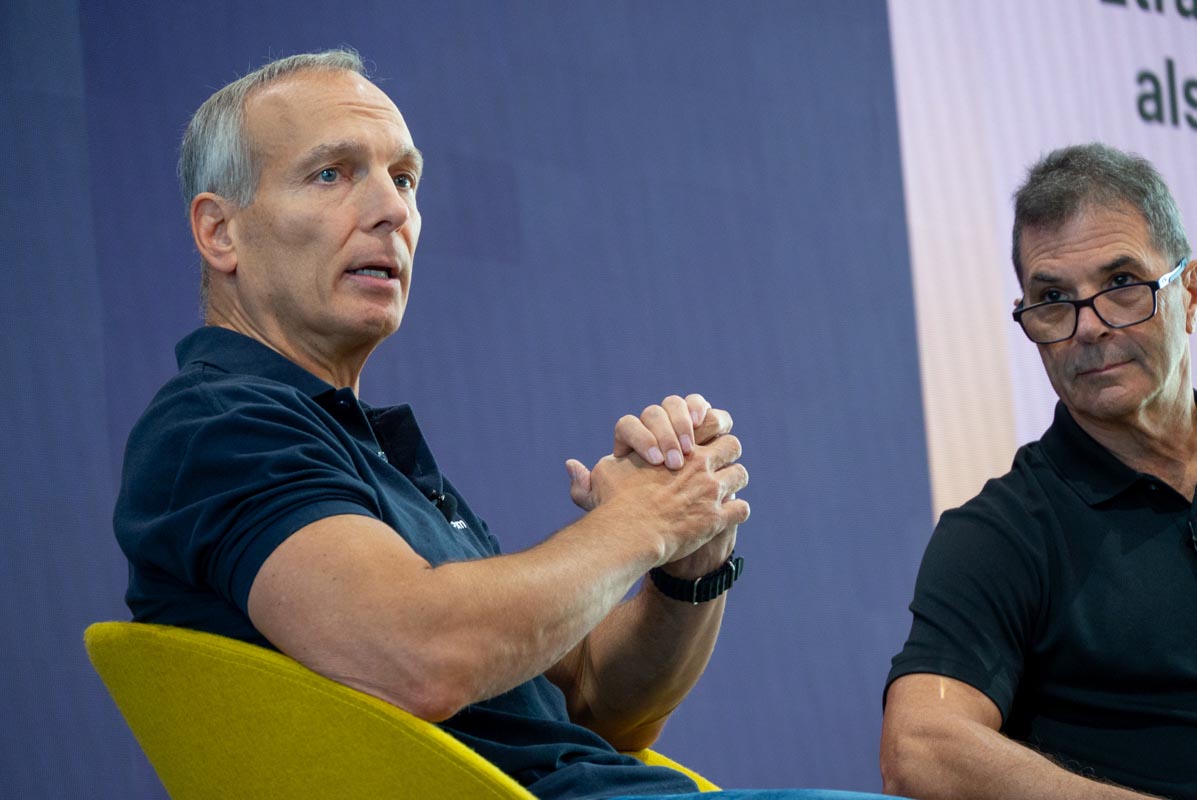Booking Holdings Points to Strength in Room Nights, Rentals, Flights, AI and Asia

Skift Take
After finishing up a strong third quarter, Booking Holdings upped its outlook for the full year, pointing to strength in room nights, alternative accommodations, flights, AI, Europe and Asia.
Its share price was up more than 6% in after-hours trading Wednesday evening.
The company's alternative accommodations' room nights outpaced Booking's core hotel business – 14% growth for these short-term rentals versus an 8% jump for hotels and short-term rentals combined. Short-term rentals made up 35% of accommodations bookings in the third quarter, up 2 percentage points year-over-year.
During the company's earnings call, CEO Glenn Fogel said the company's alternative accommodations business is around two-thirds the size of "the biggest homes player in this marketplace," namely Airbnb.
The 8% overall room night growth, which exceeded the company's outlook, was driven by strength in Europe.
Asia accounted for 24% of Booking.com's room nights, higher than before the pandemic. Room nights in Asia saw double-digit growth in the third quarter.
Air-ticket sales, propelled by Booking.com and sister brand Agoda, grew 39% year-over-year. A year earlier the growth was 28%.
Connected-trip bookings, where travelers might book an accommodation plus a flight, for example, rose 40%.
Progress on Gen AI
Fogel said the development of AI across the the group's brands represents "one of the most exciting times" ever at the company.
"This type of technology is really transformational," Fogel said. "And it's going to make it so much better for all people in the travel industry, particularly for the traveler."
In October, the company's Priceline brand "launched Penny Voice, which enables Penny to engage in verbal conversations with travelers and to assist them with planning trips searching for hotels and servicing bookings," he said. "As Priceline continues to enhance this offering, we envision that Penny will be able to anticipate needs based on preferences and past interaction and then respond in a real-time voice."
Penny, which is an AI travel assistant that launched without voice in June 2023, has had more than 3 million interactions with travelers so far, Fogel said.
Fogel said 3 million sounds big, but it's small for a company the size of Booking Holdings.
He declined to project what the financial impact of AI might be one day. "We're not going to project those kind of numbers right now," Fogel said. "But what I will say is it's incredibly important."
The Bottom Line
For the third quarter, Booking Holdings notched net income of $2.5 billion, on par with a year earlier. The company took a $365 million hit during the quarter because of a proposed settlement with Italian regulators, but also saw a $250 million reduction in U.S. income taxes flowing out of a court ruling.
Revenue jumped 9% to $8 billion.
Based on the strength of the third quarter, driven by higher demand and longer booking windows in Europe, the company increased its full-year outlook for gross bookings and revenue. Gross bookings are now projected to grow 8%, versus the prior outlook of 6% growth. And revenue is expected to climb a little less than 10% versus the previous forecast of more than 7%.





